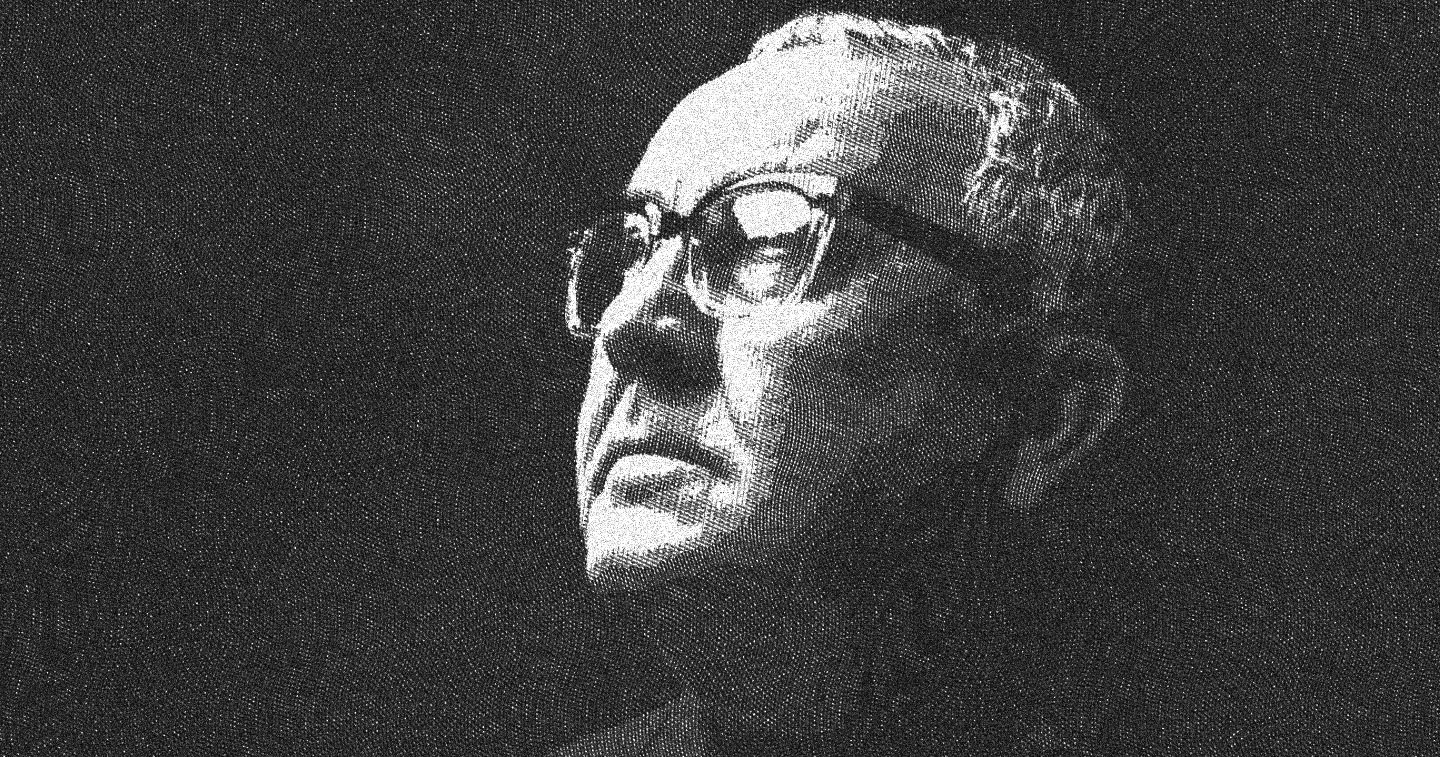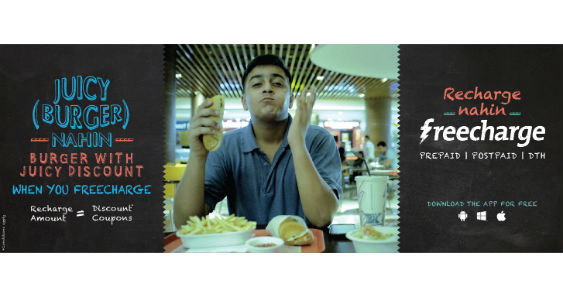“I promised myself one thing: the day that I wake up on a cold Monday morning, and it is raining outside and cold and I’m going to work is the day that I will step out of the industry. I’ve never been to work in my life.”
– Mark Tutssel
Right before announcing his retirement in May, global creative icon and Leo Burnett Executive Chairman Mark Tutssel reflects with adobo on human connection and borderless creativity that has marked his decorated, 34-year career.
“There’s no substitute for human connection, people to people.” Mark Tutssel declares in a bare conference room in Pattaya, some 9,600 miles away from his home in London, and 13,851 miles apart from the Leo Burnett Worldwide headquarters in Chicago, of which its hallowed halls have marked the latter part of his illustrious, 34-year career.
As Executive Chairman and Chief Executive Officer, Tutssel is used to shuttling between his homes in the U.K. and the United States, yet on that day, the creative mogul was half a world away serving as Jury President for the ADFEST Lotus Awards, one of the last creative festivals he will grace before he hangs his hat for retirement this year. And yet, there’s an air of nonchalance about Tutssel, moving about this role as if it’s just another day in the life of the creative mogul.
Call it a perk or a necessary chore, depending on one’s view of travel, but it’s just how he’s wired. Tutssel is used to being constantly on the move, traversing borders and oceans to oversee over eighty offices around the globe.
“I have a home in London, I have a home in America, but I travel a lot for one simple reason: I think there is no any other substitute for this (face-to-face interaction) and it’s really, really important”, Tutssel explains.“You can’t run a company by e-mail, you can’t run a company by sending out videos of yourself.”
Working with creative leaders around the globe on a regular basis has expanded Tutssel’s worldview. He calls the Leo Burnett global network an ecosystem, where creatives are not separated by nor confined to their cultures and geographical borders. He works with people, not with offices, and he knows that no city has a monolith on creativity and imagination.
“We are fortunate to work in an industry that believes in ideas and is rich in varieties, rich in challenges. It’s fast and furious, it’s always on, it’s exhausting but it’s fulfilling, it’s so fulfilling when you make something. I love to make things that make a difference in the world, make a difference in the business. And there is no greater joy than making a product.”
It’s this mindset that led Tutssel to initiate Creativity Without Borders, a game-changing solution that has redefined the global creative landscape, harnessing the collective power and imagination of Leo Burnett’s talents around the world. Global brands and audiences, after all, warrant global narratives, and tapping into an international network of talents means a larger creative pool teeming with bold ideas.

“I have introduced it for one simple reason: it was to give everybody an opportunity to work on the best brands and give everybody within the (Leo Burnett network) the opportunity to grow and to take part in the bigger picture”, Tutssel shares.“And I don’t think creativity resides in geography,‘cause creativity lives everywhere. At the end of the day Leo Burnett is a creative solutions company — not an advertising agency — we use creativity to solve business problems.”
And use creativity, they did. Tapping into world-class talent from their offices in London, Toronto, and Chicago, through the Creativity Without Borders approach they came up with #LikeaGirl, the award-winning campaign for Procter & Gamble that took home over 100 awards, including 14 Lions awards and the coveted Grand Prix title in 2015.
The disruptive approach does away with cultural barriers, allowing talents from all corners of the world to work on globally transcendent and iconic projects. Tutssel explains, “It just gives creative people an opportunity to shine, an opportunity to get their teeth into big problems and big opportunities. You may be a young, aspiring copywriter in Manila and you could be working on the Super Bowl for Procter & Gamble. So it’s just a window of opportunity for people.”
The diverse pool also raises the bar for standards and quality, with their body of work assessed by the best creative leaders across Leo Burnett’s offices worldwide through the Global Product Committee, an assembly of Leo Burnett’s creative leaders around the world that judges their network’s output to set a company standard and enhance working rapport. Tutssel explains, “We need a system in play to make it work and the interface is the Global Product Committee. Four times a year I assemble the best creative talent, the best thinkers, the best creative leaders we have around the world and we discuss the quality of the product, the thinking, the output, craft, the execution and the quality of the results. So, that sharing exercise is wonderful because it creates chemistry in the ecosystem and creates a standard for the company.”
Tutssel elaborates that once a product reaches or surpasses their standard — a scoring of 7 and above — it’s one hundred percent likely to win major awards like the Lions at Cannes. The creative veteran adds,“I don’t think it’s ever been wrong because it’s judged by a very cosmopolitan audience and it just keeps a laser sharp focus on the most important thing, the work — and we never lose sight that we all work for the work, and that’s why we got into this business in the first place.”
Tutssel adds,“What it allows us to do is leverage the talent and curate diverse, cosmopolitan teams and specialist skill sets, and I always believe that the best work comes from diversity. The more diverse I can make the teams, the more interesting the work tends to be, and the more breakthrough the work tends to be, and the more universal the work tends to be.”
And true, there is power in diversity, more so with brands that have managed to cross over countries and cultures. This worldly approach has also allowed the agency to tackle globally relevant issues and ideas, and break down barriers almost quite literally. Coca-Cola’s Small World Machines campaign executed in India and Pakistan was the brainchild of the Leo Burnett talents in Chicago, Sydney, London, Buenos Aires, and Mexico City. Installing special vending machines in India and Pakistan, these machines projected a live video feed that connected Indians and Pakistanis to each other, encouraging them to interact with touchscreen animation such as peace signs and smiley face drawings. Creating a groundbreaking campaign that remains culturally sensitive while bridging cultures marred by historical conflict reflects the top-notch work by a team from all walks of life.
This people-centered approach reflects Tutssel’s, and ultimately Leo Burnett’s philosophy they call the humankind philosophy — a belief that goes beyond advertising or brand propositions, but brings it back to people and purpose, addressing and serving true human needs.
He adds that this remains true even today, as the industry evolves furiously and strives to keep up with massive changes — no amount of technological advancements or innovation can replace creativity that stems from a genuine, human connection.
Tutssel reflects,“Our creativity is our weapon, creativity is our asset and creativity is the most valuable asset in business and we really have to focus on how creativity and alchemy conserve a client business and create a massive impact in business.”
For Tutssel, it’s the never-ending creative rush that drives and inspires him until the very end. As he nears the sunset of a celebrated career, Tutssel’s faith and belief in people and the human connection has not wavered. “I’ve never been a manager— I’ve never been a leader. I am just a human being fortunate enough to work with talented people and no one works for me, no one has ever worked for me in their life. I work with people and I’m a great believer as a united ecosystem that we are all single human beings.”
Watch our full interview with him here:









